Dhaka, Sep 9 (V7N) – The interim government, led by Nobel Peace Laureate Dr. Muhammad Yunus, has completed one month in office, making significant strides in addressing key challenges such as administrative reforms and restoring law and order.
Law and Order One of the foremost priorities for the new government was addressing the law and order situation. Following violent student protests, where police stations were attacked, looted, and set on fire, many officers went into hiding, leading to a surge in crime rates. In response, the government met some police demands, leading to the end of their strike on August 11, though full police operations are yet to resume.
To tackle the security crisis, joint forces are conducting nationwide raids to recover looted arms and ammunition, while dismissals and legal actions are being taken against politicized officers.
Ongoing Protests Despite the fall of the Awami League government, protests continued across the country for three weeks. Notably, members of the Ansar force blocked the Secretariat on August 25, demanding nationalization of their jobs. While large-scale protests have since subsided, tensions remain.
Administrative Reshuffles In the past month, a significant reshuffle has occurred in government offices. Hundreds of senior officials have been reassigned, and several officials from the previous government have been terminated. Many top officials, including university vice chancellors, resigned in response to the protests, and new appointments are already underway.
Judiciary Changes On August 10, former Chief Justice Obaidul Hassan and five Appellate Division judges resigned, leading to the appointment of Syed Refaat Ahmed as the new Chief Justice. Additionally, BNP leader Khaleda Zia received a presidential pardon, and numerous imprisoned BNP and Jamaat leaders were released.
However, the release of members of the banned Ansarullah Bangla Team and over 20 notorious criminals has sparked widespread criticism.
Actions Against Awami League Leadership Legal actions have been initiated against prominent figures from the previous government, including Sheikh Hasina and her associates. Several former ministers and officials have been arrested, while diplomatic privileges and weapon licenses granted during the Awami League's tenure have been revoked.
Investigations into Enforced Disappearances The government has launched a commission to investigate cases of enforced disappearances under the previous regime. Led by retired Justice Moinul Islam Chowdhury, the commission is expected to deliver its report within 45 days.
Anti-Corruption Initiatives The interim government has pledged a tough stance on corruption, with investigations already underway against 50 ministers and MPs from the previous administration. A banking commission is also being established to reform the financial sector, and several banks facing corruption allegations are being reorganized.
Revoking the Jamaat Ban On August 31, the interim government reversed the Awami League's decision to ban Jamaat-e-Islami Bangladesh and its student wing, Islami Chhatra Shibir. Additionally, the national holiday commemorating August 15, Sheikh Mujibur Rahman’s death, has been revoked.
Dr. Yunus’s Vision On August 25, Chief Adviser Dr. Yunus addressed the nation, outlining the interim government’s plans. He emphasized the need for justice and accountability for the recent violence and urged patience as the government navigates the country through the aftermath of misrule.
Civil Society Response Dr. Badiul Alam Majumder, secretary of SHUJAN, praised the interim government's efforts to stabilize the country, noting that while the situation remains complex, the government appears to be on the right track. Similarly, Dr. Iftekharuzzaman, executive director of Transparency International Bangladesh, acknowledged the immense responsibility facing the interim government, but cautioned that it is too early to fully assess their performance.
END/MSS/



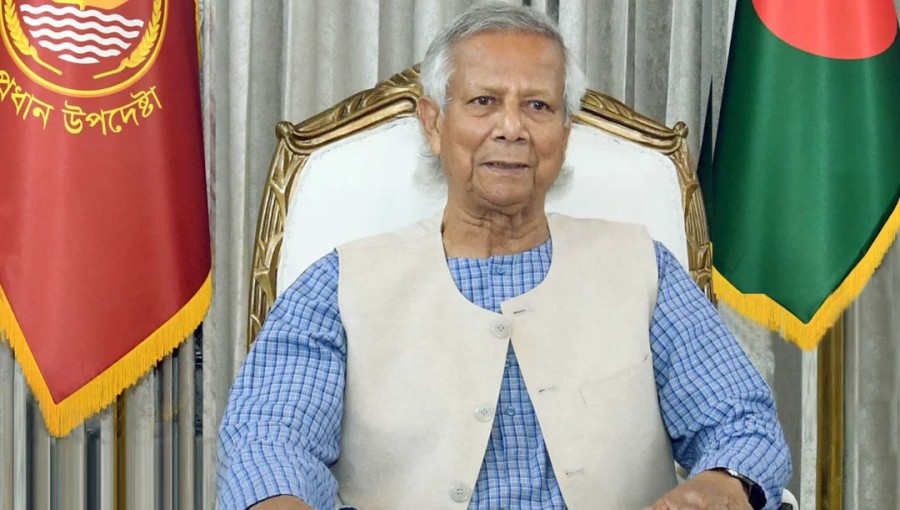
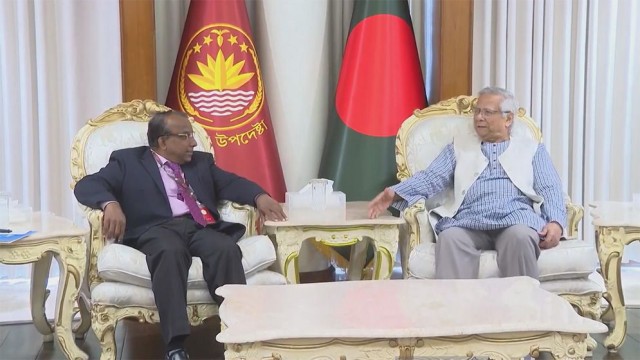
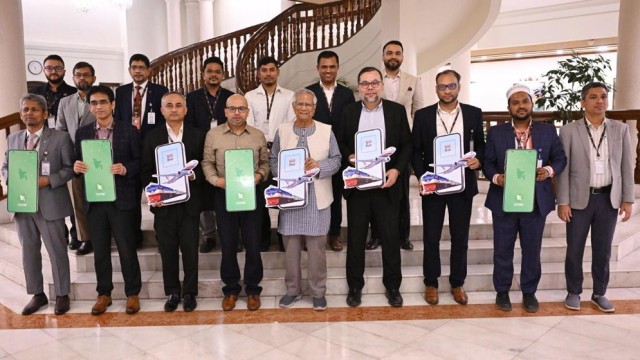
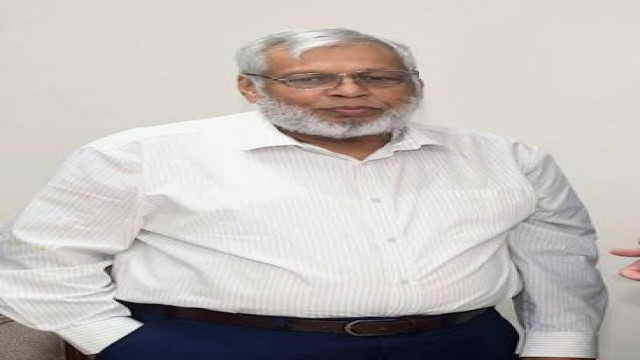
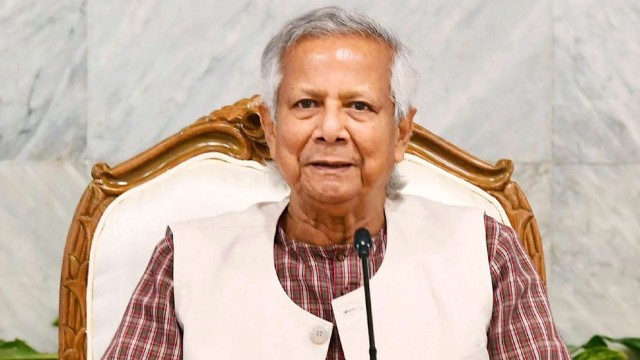
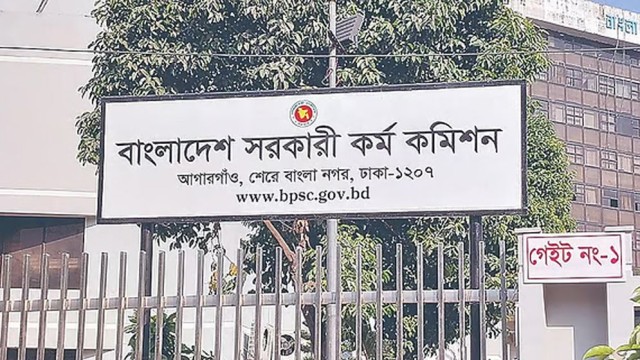
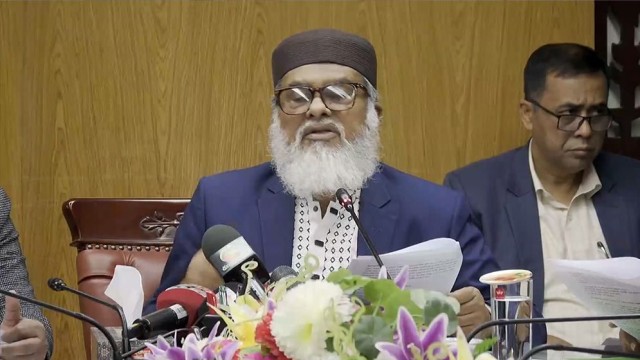
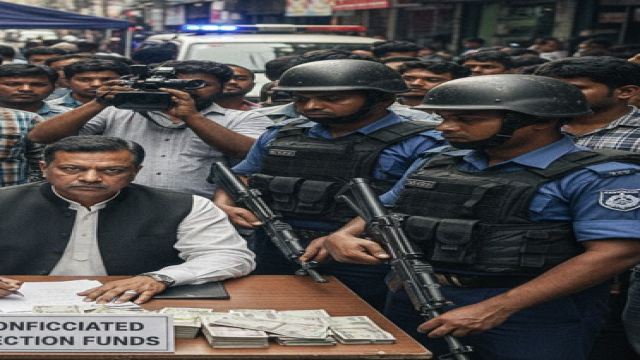
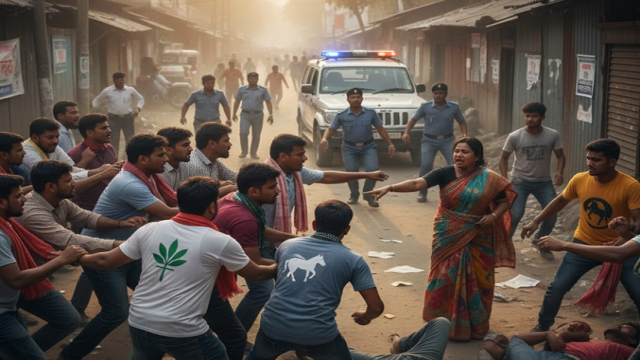
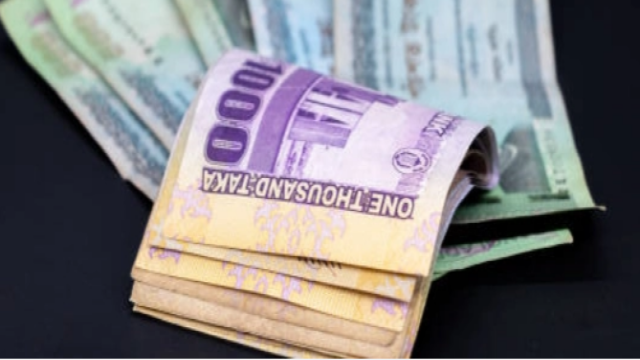

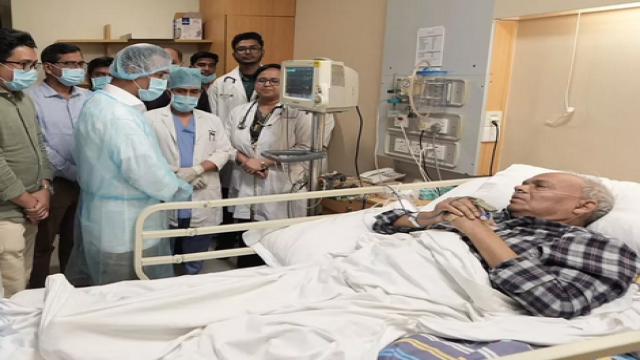
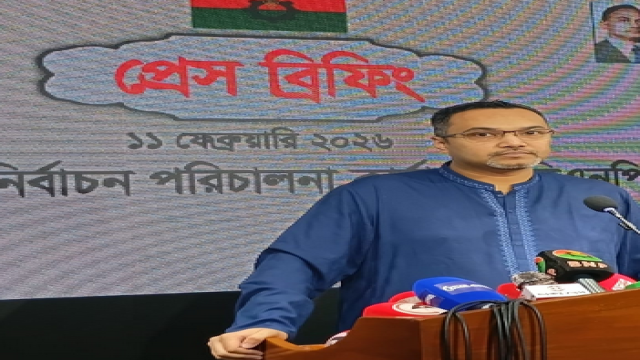
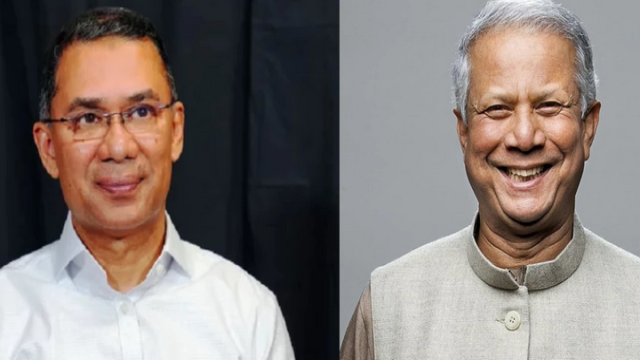
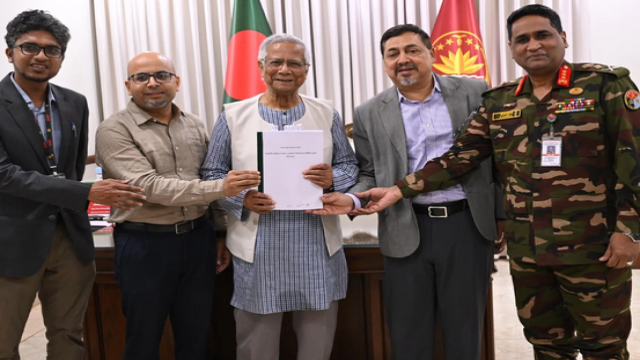
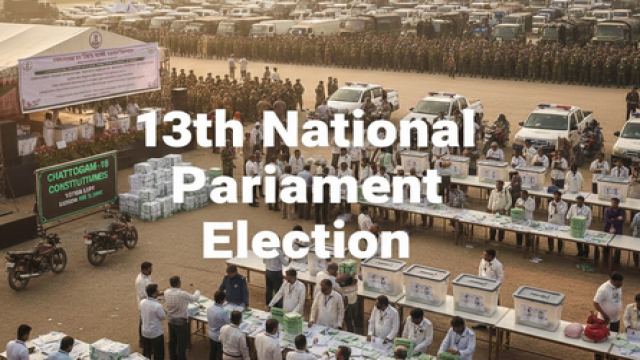
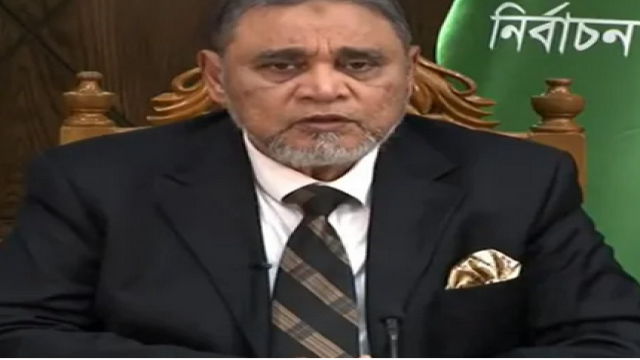











Comment: